We treat all kidney disease or illness and have Clinical and Hospital follow up and management of all kidney disease including dialysis and transplantation.
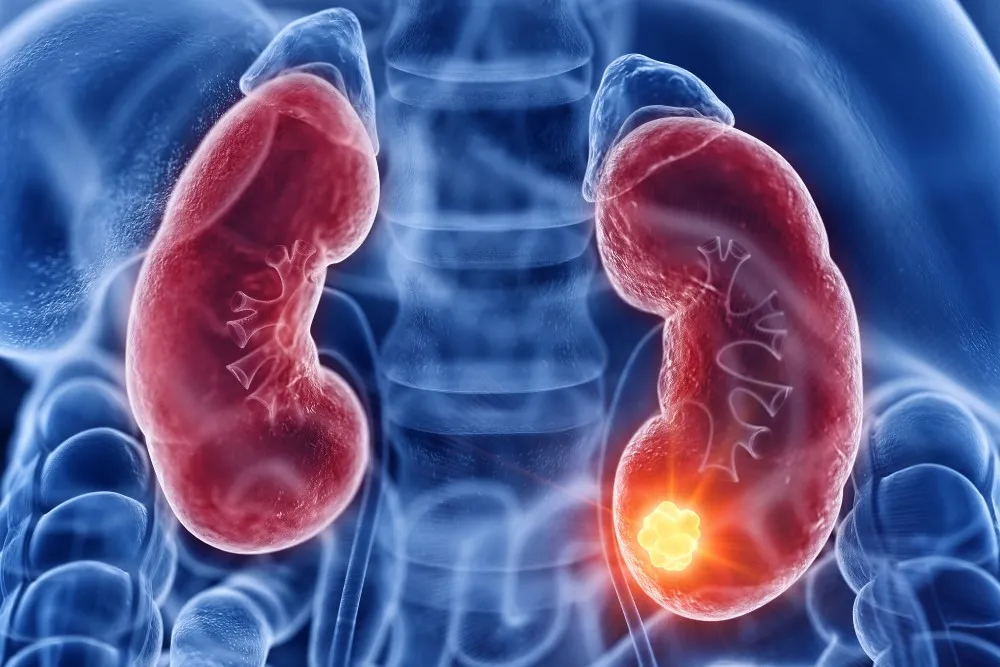
Kidney Disease Treatment
Kidney disease is a broad term that encompasses all types of reduced kidney function.

Dialysis Inpatient and Outpatient Services
When kidney disease progresses to advanced stages of failure (stage 5), it is called “end stage kidney disease”, and treatment with dialysis would be required.
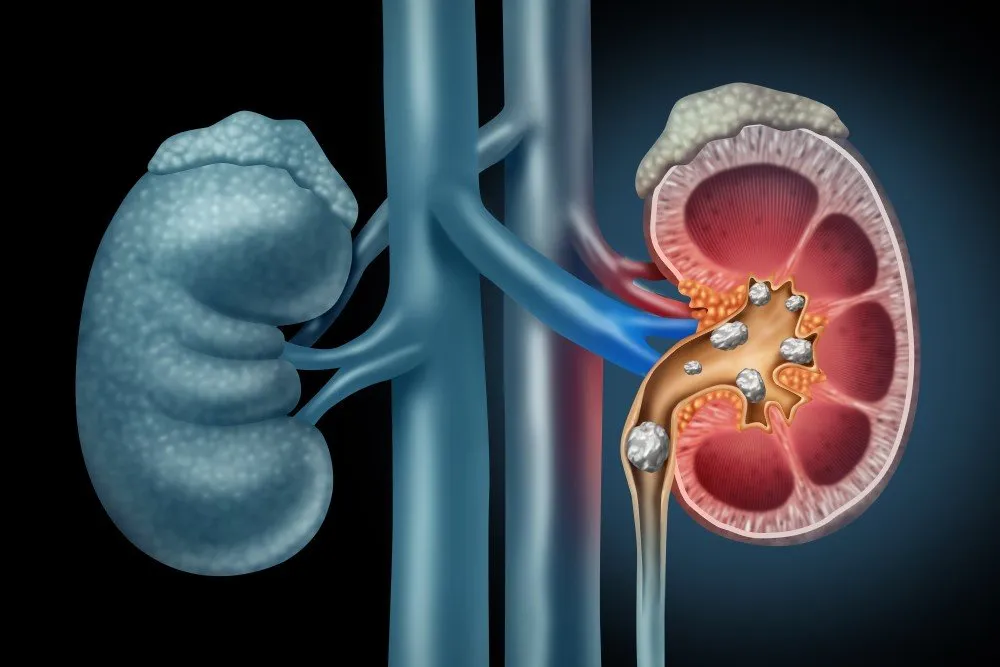
Kidney Stones Treatment
Kidney stones can cause pain (renal colic), blood in the urine, blockage of the urinary tract, kidney damage, and urinary infections.
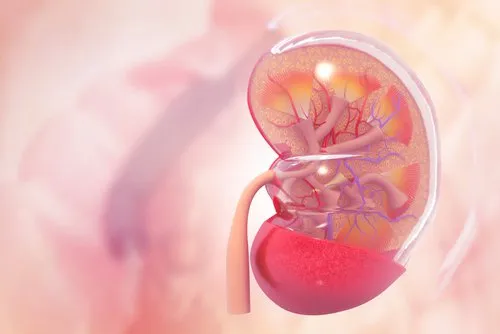
Nephrotic Syndrome
Nephrotic syndrome is a sign that your kidneys aren't working right. As a result, you may have High levels of protein in your urine, Low levels of protein in your blood and you may also have high levels of cholesterol in your blood.
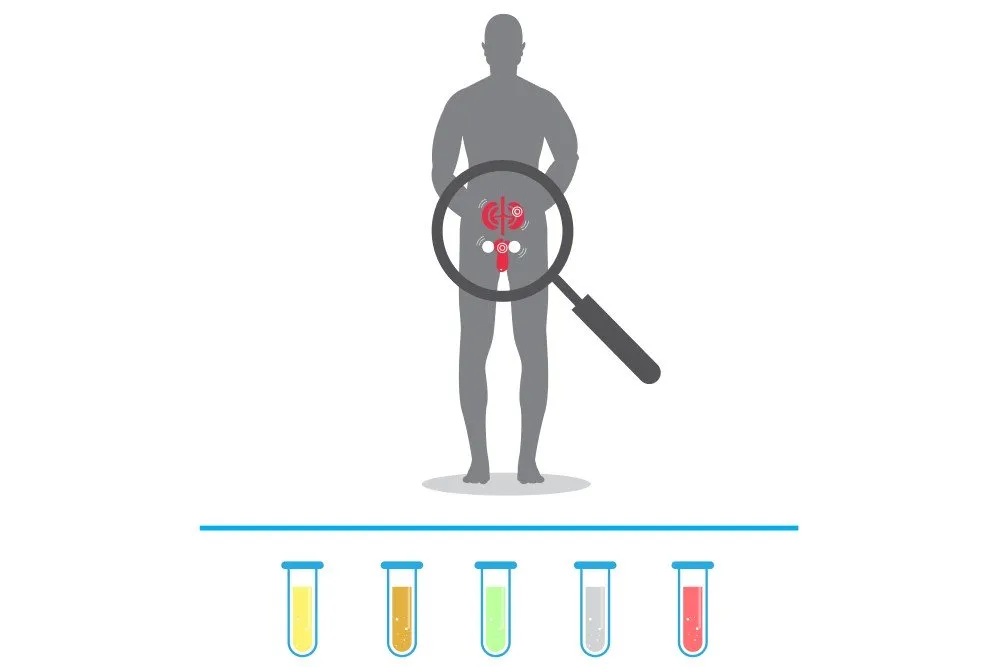
Acid-base / Electrolytes Disturbances & Abnormalities
Urine testing is important because it can detect acid–base imbalances. If the diabetes remains uncontrolled, the kidneys could become over-stressed and malfunction, which could lead to coma or death.
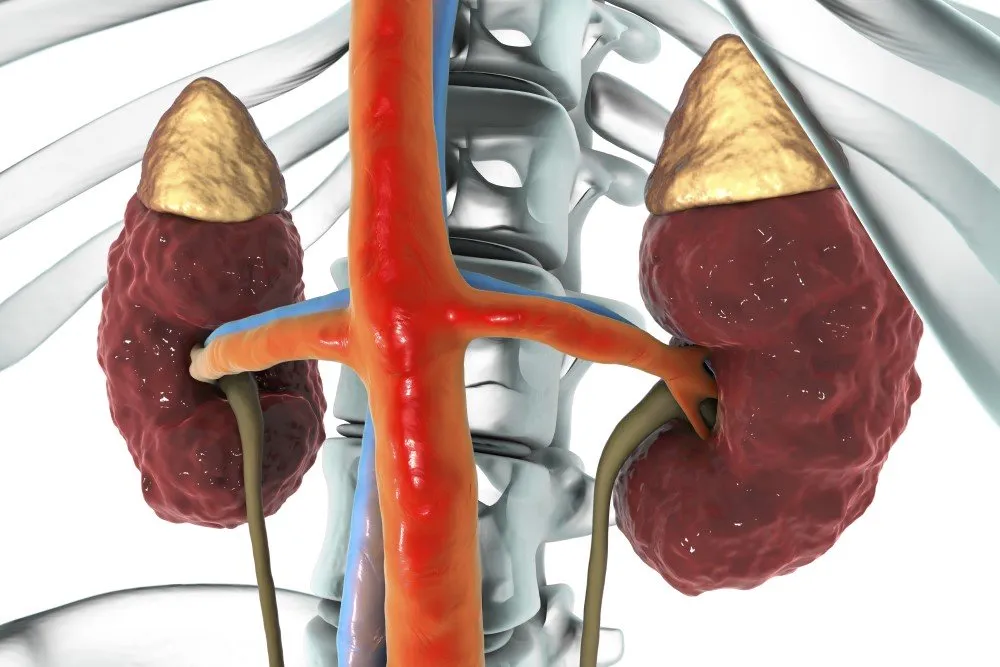
Renal Cystic Diseases
The kidneys remove waste from your blood. They do this by filtering the blood and making urine. As people get older, sacs filled with fluid can form in the kidneys. These sacs are called “cysts.” They are usually small, oval or round thin-walled sacs with watery fluid in them
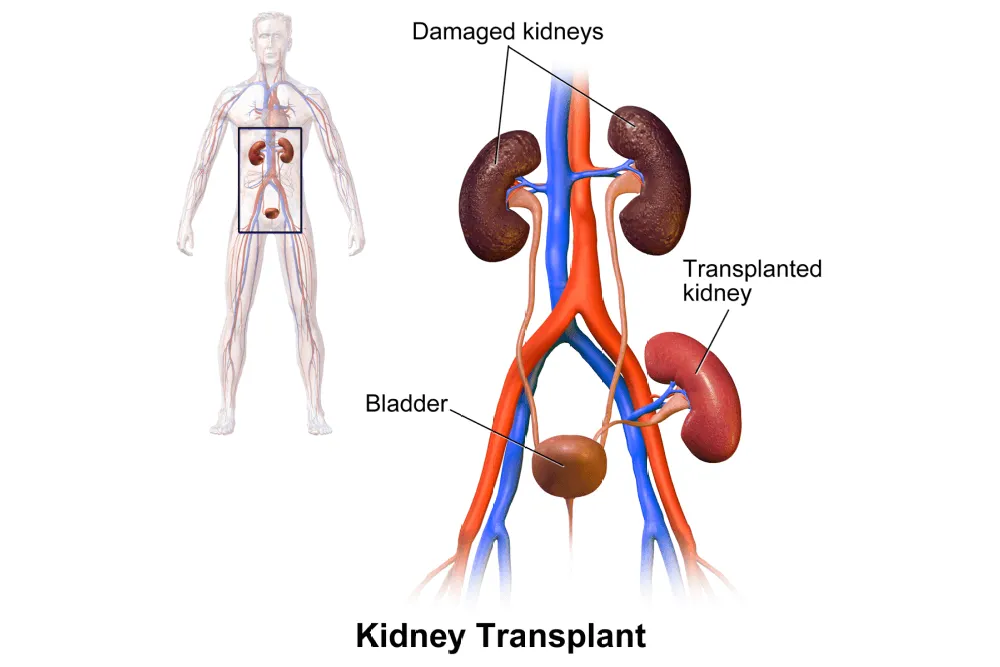
Kidney Transplant - Post Op Treatment
Kidney failure may be treated by a kidney transplant, which may come from a deceased organ donor or from a living donor. Family members who are related, or interested individuals who are unrelated, may be able to donate one of their kidneys.
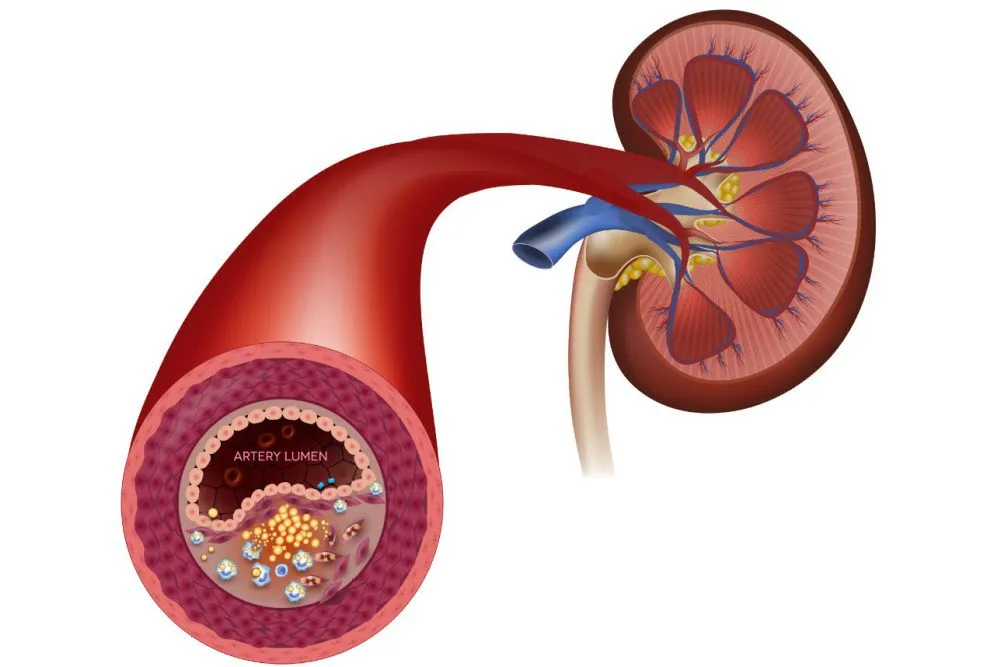
Evaluation and Management of HTN
Hypertension and chronic kidney disease (CKD) are closely interlinked pathophysiologic states, such that sustained hypertension can lead to worsening kidney function and progressive decline in kidney function can conversely lead to worsening blood pressure (BP) control.
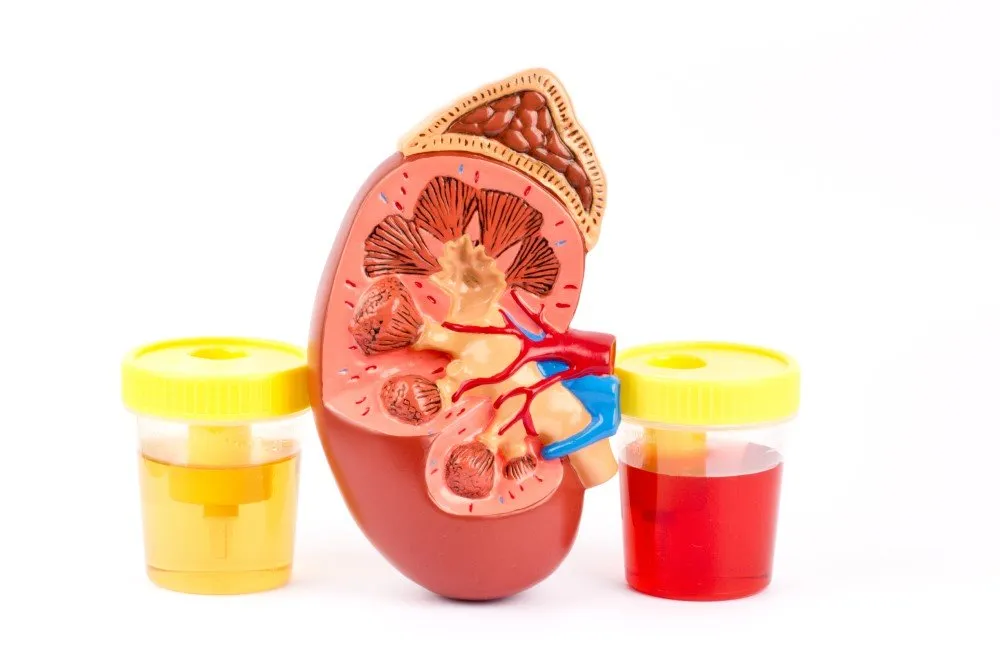
Hematuria
Blood in your urine is a condition known as hematuria. Most of the time, the cause of hematuria is not serious. However, blood in the urine should never be ignored. Our nephrologists can evaluate you to identify the cause of the bleeding and treat it, if necessary.
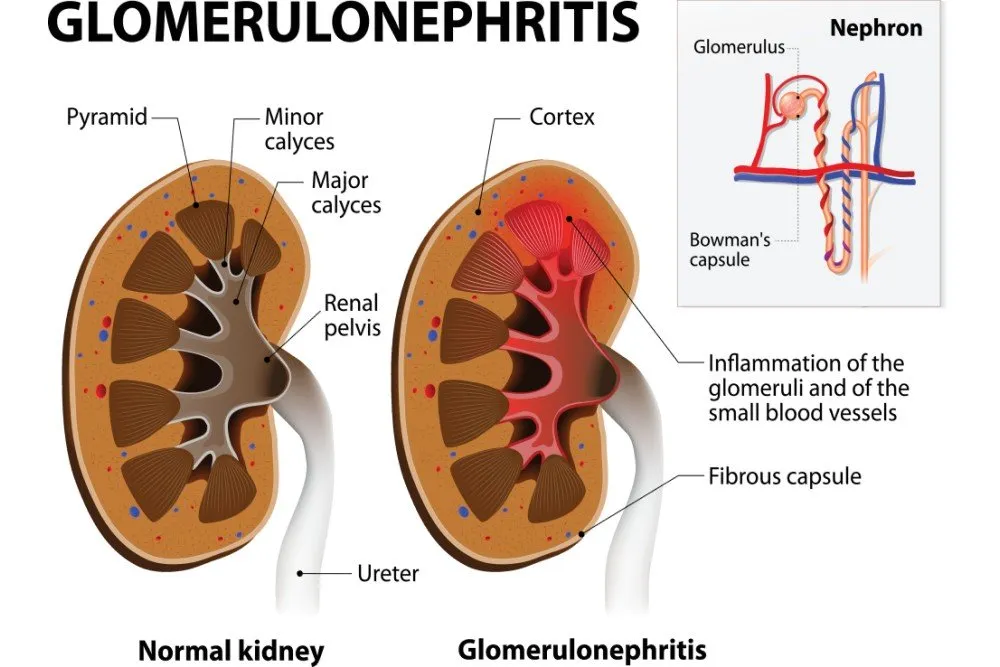
Glomerulonephritis
Glomerulonephritis can develop in an acute (sudden, rapid onset) or a chronic (slow) form, and is caused by a painless inflammation of the glomerulus (the kidney filter). It can occur by itself or as part of a more general problem such as systemic lupus erythematosus (SLE).
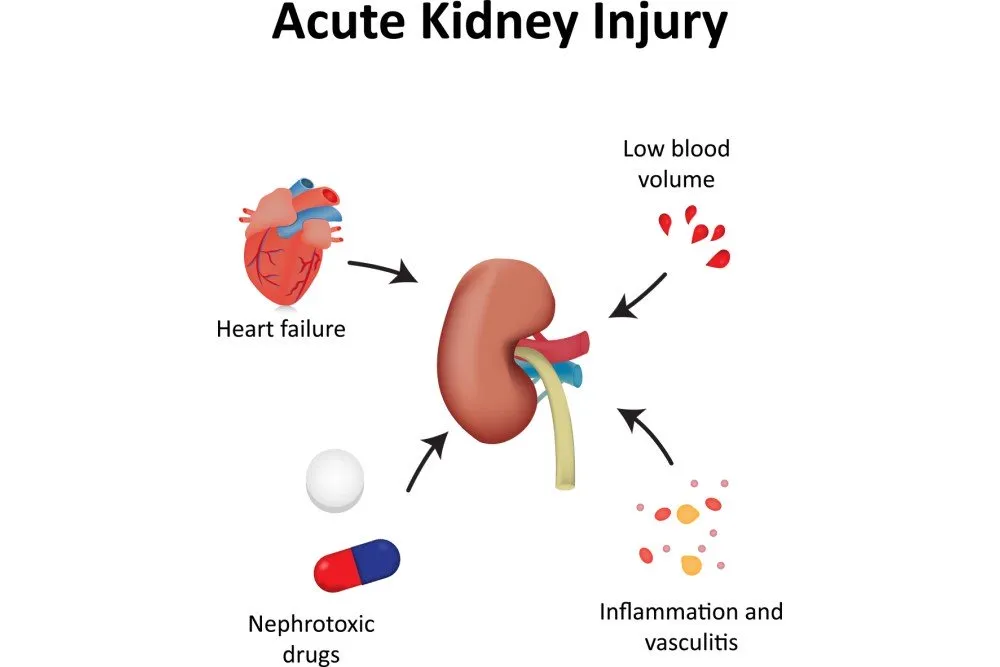
Acute Kidney Injury
Acute Kidney Injury (AKI), is the sudden decrease in kidney function. This can happen over a period of hours, days or, in some cases, weeks. AKI used to be called acute renal failure, but kidney failure doesn't always happen with AKI. Common causes of AKI are dehydration, blood loss, and medicines.
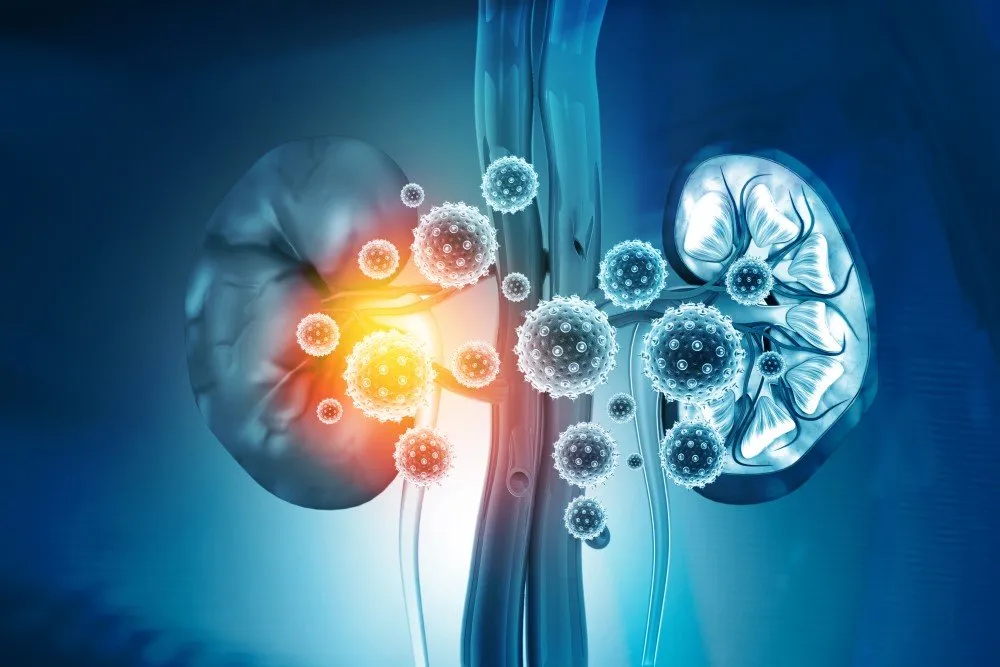
Chronic Kidney Disease
Chronic kidney disease (CKD) affects more than 26 million Americans. Millions more are at risk due to diabetes and high blood pressure. CKD often has no early symptoms, so it’s important to be screened by your primary care physician and begin treatment early.
